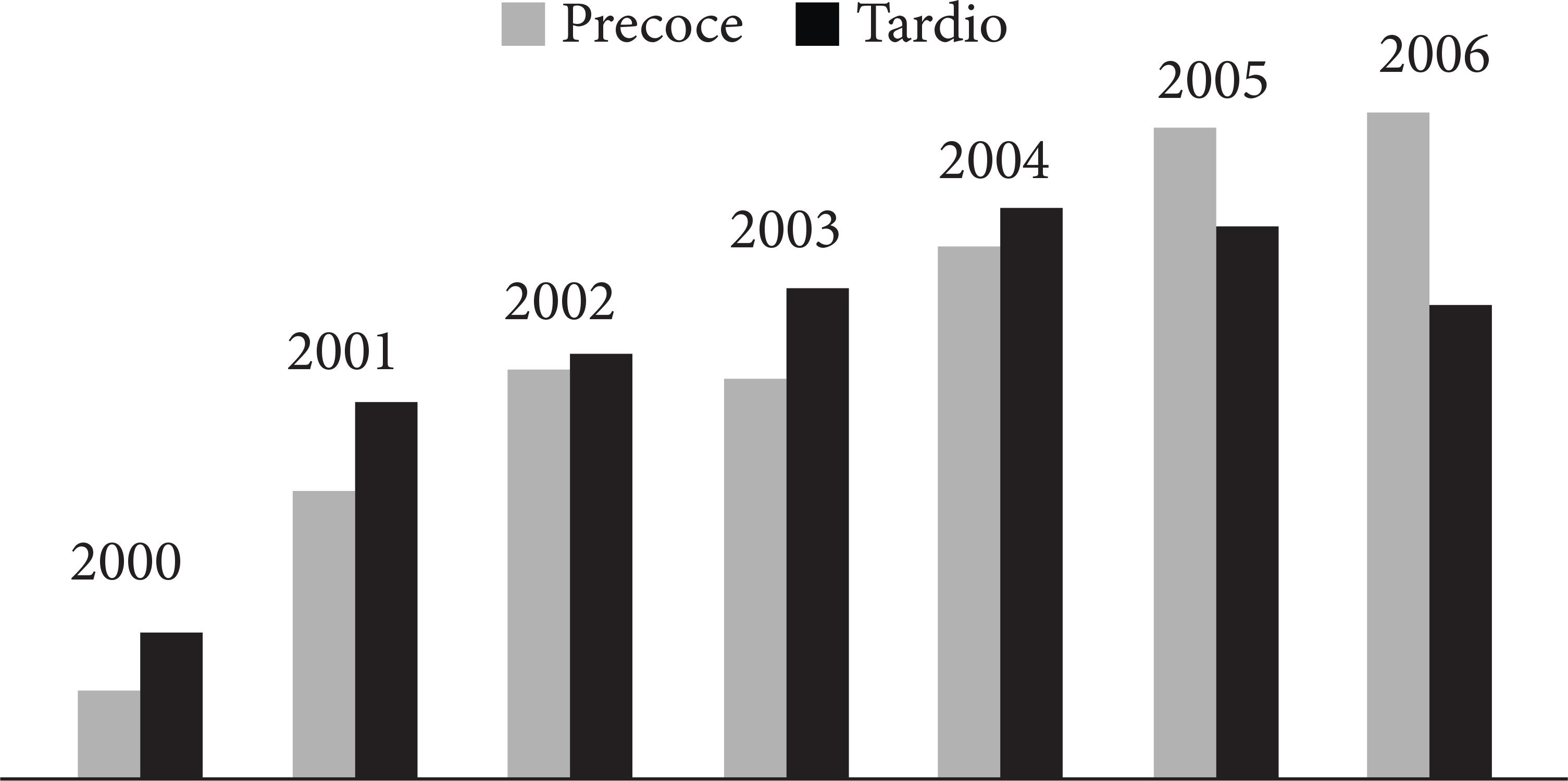Prostate cancer has become a Public Health problem, being the malignant neoplasm with the highest incidence rate in Brazilian men. Will be estimated, for the years of 2014 and 2015, 302,350 cases of cancer in males, of which 68,800 (22.8%) are from prostate cancer. The State of Espírito Santo is among the 7 Brazilian States with the highest incidence, with an estimated 1,580 cases of prostate cancer per year, reflecting an incidence rate of 88.72/100,000 inhabitants. In the State capital, Vitória, it is assumed that this rate is 107.21/100,000 inhabitants, representing 170 cases11 Brasil. Ministério da Saúde. Instituto Nacional do Câncer . Estimativa 2014: Incidência de Câncer no Brasil. Rio de Janeiro: INCA; 2014.. The objective of this study was to evaluate the association of sociodemographic and clinical factors with the initial staging in men with prostate cancer. An observational cross-sectional secondary data research, assessing 1,500 records of men with prostate cancer from 2000 to 2006 seen at a referral center for the treatment of prostate cancer in Vitória, Espírito Santo. For statistical treatment of the data were used χ2 test of association and logistic regression with Odds Ratios (OR). There was a predominance of men aged between 60 and 79 years (75%), non-white (61%), with incomplete primary education (65%), married (77%), using the Unified Health System (UHS) (60%), residing in the State Metropolitan Area (67%) and with clinical stage II (70%). The variables non-white (p=0.025), Gleason score ≥7 (p≤0.001) and prostate-specific antigen (PSA) >20 ng/dL (p≤0.001) were associated with late stage at diagnosis, while the undiagnosed referral without previous treatment (p≤0.001) or with diagnosis and treatment (p=0.018) were associated with a greater chance of early clinical staging. The variables that accounted for the increased risk of late stage at diagnosis can be modified by the adoption of specific public policies. With the advancement of the National Comprehensive Health Care of Men (NCHCM), it is expected that a larger number of men have access to the health care network, obtaining early diagnosis and timely treatment.

